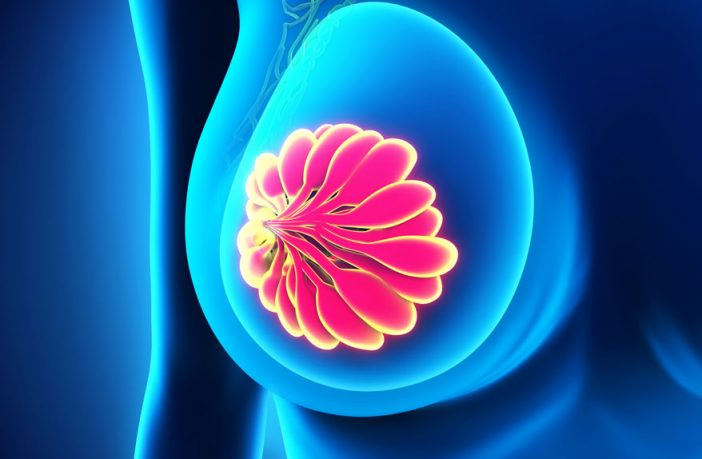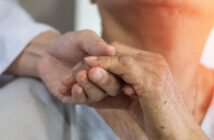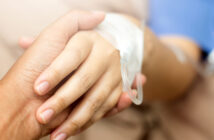One in eight UK women get breast cancer at some point in their lives. A study out today explores whether there are links between fertility treatments and what can be seen on a breast screening mammogram, and hence possibly to breast cancer risks.
The researchers used data from over 43,000 Swedish women who had had screening mammograms and had also completed a questionnaire on many matters, including whether they had had difficulty becoming pregnant and whether they had had fertility treatment.
Professor Kevin McConway, Emeritus Professor of Applied Statistics at The Open University, examines the findings and gives us his expert view…
Do fertility treatments increase the risk of breast cancer?
This study adds another piece to a complicated jigsaw, but the picture is still far from complete. It hasn’t established for certain that fertility treatments increase the risk of breast cancer, and as the lead author says in the press release, if there is an increase in risk it is “a modest increase”.
Should I be worried if I’m having fertility treatment?
This study didn’t collect data on whether these particular women actually developed breast cancer or not. The research doesn’t go further than suggesting that infertile women who have higher doses of hormones to stimulate ovulation (COS) might possibly be a group with higher breast cancer risk. COS is generally used if women are undergoing IVF (in vitro fertilization) or ICSI (intracytoplasmic sperm injection). This study can’t say definitely how much higher, and indeed it can’t (and doesn’t) say for certain that there is any increased risk at all.
It’s important to note that the researchers are not proposing any changes in fertility treatments, just ‘continued monitoring’ of women undergoing some treatments. If COS treatment really is linked to an increased risk of breast cancer, and to repeat myself, this study hasn’t established that it definitely is, the increased risk would actually be “modest”, to quote the study’s main author.
Breast tissue density has been investigated as a factor in breast cancer risk. Does fertility treatment impact on this?
The normal human breast consists of several types of tissue. On an x-ray such as the mammograms used for breast cancer screening, some tissue is called ‘dense’ – it includes (among other tissues) the glands that produce milk. The non-dense part mostly consists of fatty tissue. The balance between the two types changes over age. Previous research has found that women with breasts with an extremely high proportion of dense tissue (for their age) had a much higher average risk – four to six times as high – of developing breast cancer than women who had the least dense breasts. However, these other studies wouldn’t have looked at whether women with denser breasts specifically associated with infertility, or with fertility treatment, had increased breast cancer risk.
The research shows fairly convincingly that women reporting infertility had more dense tissue in their breasts, and that those who had had fertility treatments requiring COS had denser breasts than those who had not had such treatments. But, rightly, the researchers do not go further than suggesting that COS treatment might potentially cause increases in breast density, and they certainly don’t conclude that COS treatment definitely increases breast cancer risk. The average difference in dense breast tissue volume in women who had had COS, compared to those who hadn’t, was actually rather small.



